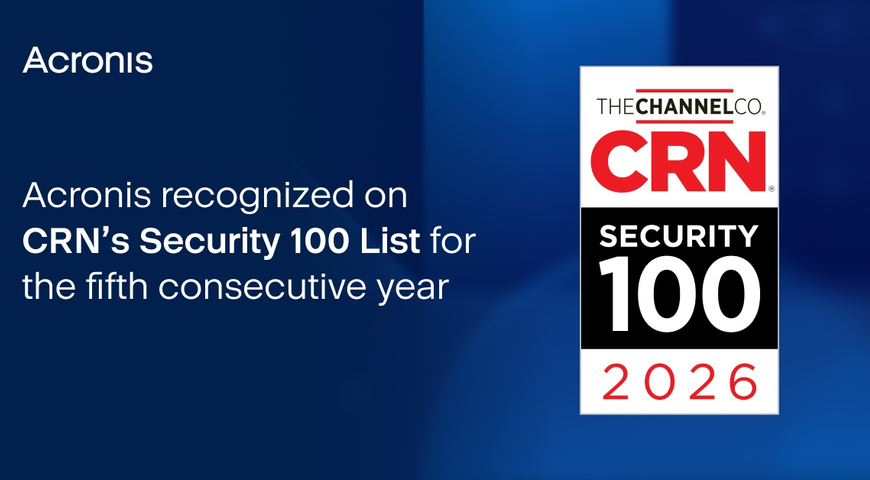Popular opinion casts enterprise data as an untapped resource ready to be harnessed – the reality is much more complicated from an infrastructure perspective
Andrew Smith, Research Manager, Enterprise Infrastructure, IDC
Twitter: @AndrewSmithIDC
"Data is the lifeblood of your enterprise."
"Data is the new oil."
"Data is more valuable than gold."
You've heard all the clichés, but beneath the hype lay some important truths. Enterprises are collecting more data than ever before and learning how to use that data to digitally transform their business. As organizations become dependent on ever-increasing, diverse sets of data, the need to keep this data both secure and accessible grows exponentially. Downtime or data loss is unacceptable because organizations expect the feedback loop between data gathering, analysis, and decision-making to be instantaneous.
From an IT infrastructure perspective, the growing value of enterprise data – both perceived and real – has some exciting implications. It means primary storage workloads for applications critical to the business must be performant, highly available, and resilient. Likewise, secondary storage workloads once designated for just archiving, backup, and disaster recovery are now being leveraged to provide analytics, automation, compliance, and security features which requires frequent access to data traditionally considered "cold" or non-mission-critical.
But this story also has a dark side. The promise of new capabilities, value, and innovation through "data" is accompanied by a level of anxiety and fear for IT and infrastructure admins tasked with shepherding this process. As more data is dispersed across the enterprise and integrated into every workflow and every business decision, this has the potential to create more vectors of attack and more points of failure. Solving this problem requires the right data strategy, something inclusive which spans organizational disciplines and ensures the flood of data being welcomed with open arms doesn't end up washing us away.
Cybersecurity and data protection have traditionally been treated as separate disciplines, but enterprise appetites for data and analysis make this delineation increasingly difficult to maintain. We advise organizations to embrace this change and use data growth and digital transformation initiatives as an opportunity to adopt the concepts of cyber protection. Cyber protection enlists the skills of traditional backup/recovery, disaster recovery, cybersecurity, and storage management specialists to support the organization's data security strategy. Both cybersecurity and data protection functions must be coordinated into a continuum of protection that bridges their traditional silos.
Once integrated under the banner of cyber protection, these combined functions can provide the breadth of capability needed to defend against malicious threats like ransomware, while also preventing data loss or downtime from planned and unplanned events. Simply put: organizations that pursue a comprehensive cyber protection program will be better protected against data loss, data theft and data manipulation.
For more information, download a six-page white paper to learn what IDC recommends to IT organizations in order to stay secure and protected.
About Acronis
A Swiss company founded in Singapore in 2003, Acronis has 15 offices worldwide and employees in 50+ countries. Acronis Cyber Protect Cloud is available in 26 languages in 150 countries and is used by over 21,000 service providers to protect over 750,000 businesses.



